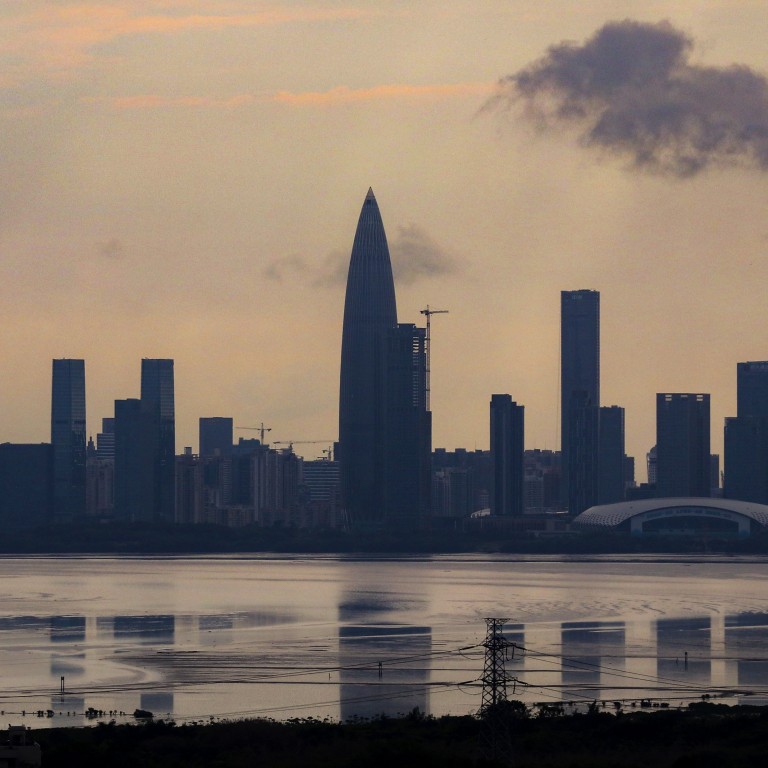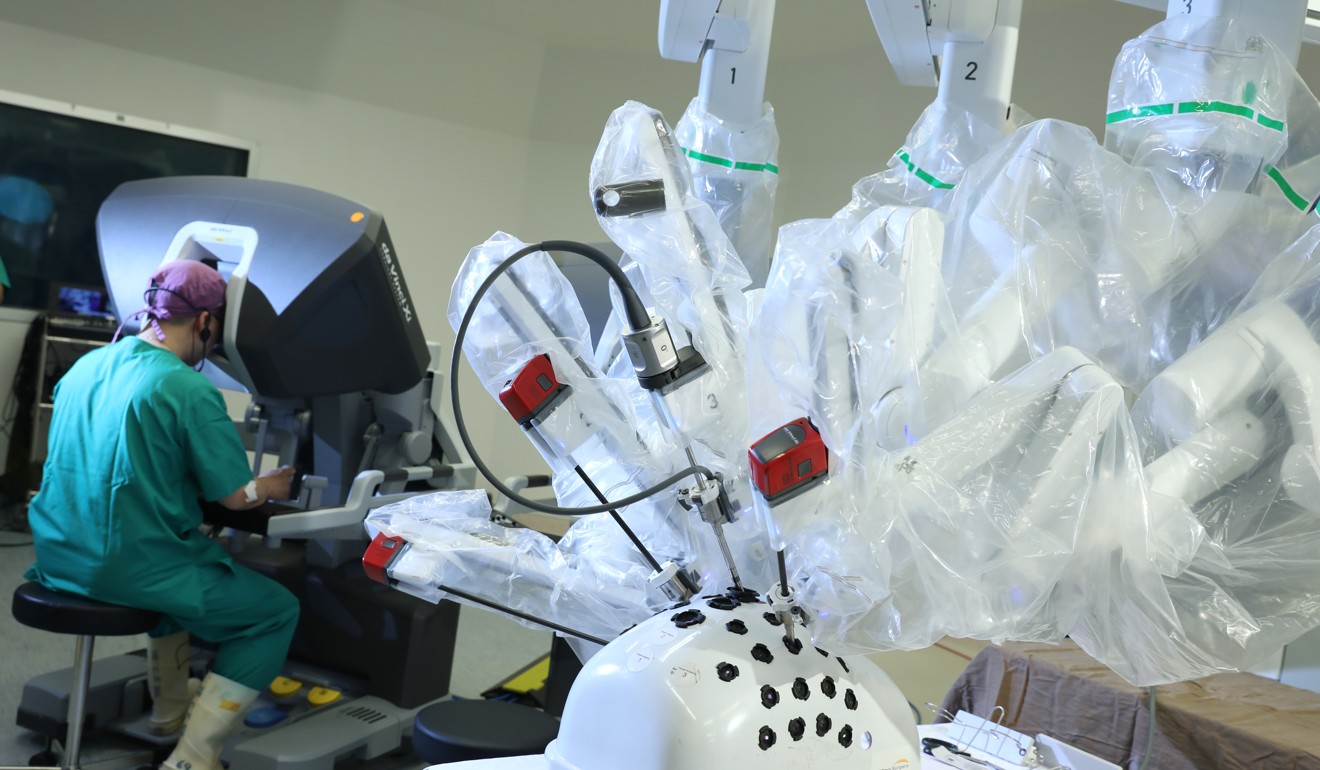
Shenzhen’s billion-yuan offer to Chinese University of Hong Kong for new teaching hospital sparks fears of brain drain as Greater Bay Area battles begin
- CUHK confirms proposal but says it will not hit staffing levels in Hong Kong
- Move comes after national blueprint on development of cities in Pearl River Delta region was published on Monday
Shenzhen officials have offered to give Chinese University of Hong Kong billions of yuan to set up a medicine faculty and teaching hospital on the mainland, the Post has learned.
But the project, which is aligned with the national blueprint for the “Greater Bay Area” to foster cooperation among Hong Kong and 10 cities around the Pearl River Delta, has raised fears of a brain drain at a time when the city’s public health care system is struggling to cope.
The university confirmed the proposal, but said the campus in Shenzhen would recruit new staff for teaching and clinical services, and would not affect the operation of its existing medical faculty at its Sha Tin campus in Hong Kong.
CUHK, which ranked 49th in the latest QS World University Rankings, opened a facility in Shenzhen in 2014.

Located in the Longgang district of the city, the campus occupies 100 hectares and offers programmes from schools of management, science and engineering, and humanities and social science.
Sources told the Post the university had proposed setting up a school of medicine with a teaching hospital, after receiving encouragement from the Longgang district government, which had offered its full financial support.
“The faculty of medicine at CUHK eats up one-third of the school expenses, costing HK$1 billion every year. The Shenzhen side is talking about full support offering billions to us,” a source said. “Shenzhen is very aggressive in training medical talents, as it has long been lacking such experts.”
According to another source, the university’s vice-chancellor, Rocky Tuan Sung-chi, mentioned the proposal at an earlier council meeting, and said the establishment of a new medical faculty and a teaching hospital had been under discussion with governments on both sides of the border, as an initiative to boost high-quality medical services and education in the Greater Bay Area.
Four things China’s ‘Greater Bay Area’ plan failed to address
The blueprint for China’s national plan was rolled out on Monday, with shaping a healthy bay area by stepping up cooperation in medical and health care services among cities being one of the goals. Medical and health care professionals from Hong Kong have been encouraged to visit the Guangdong cities for “academic exchanges and short-term private practice”.
Though the Shenzhen municipal government has yet to approve the plan, the Longgang government has already listed the proposed school as one of its top 10 key projects for the year.
According to local media, a 21.1 hectare parcel of land next to the present CUHK-Shenzhen campus has been reserved for a world-class medical centre that “integrates the functions of nurturing medical experts, providing advanced medical services, and conducting innovative medical research”.
The dean of the faculty of medicine at CUHK, Professor Francis Chan Ka Leung, said the faculty had been consulted about the proposed school of medicine and its affiliated teaching hospital, although the plan was yet to be discussed in detail.
“Since they will recruit new staff for teaching and clinical service, our staff in Hong Kong will not be engaged in their daily operations,” he said, adding that the university in Hong Kong would not cross-subsidise the development of this initiative.
“We look forward to collaborating with academic institutions in the Greater Bay Area and worldwide to advance the science of medicine,” he said.
However, Professor Henry Wong Nai-ching, a former dean of science at the university, said more opportunities across the border could make it tougher for local universities to retain key staff.
Wong said the remuneration package offered across the border was very attractive.
“Not only are salaries on a par with Hong Kong universities … but with much richer start-up funding and even housing is provided,” he said.
Hong Kong leader rejects autonomy fears over Greater Bay Area plan
But, he said he was less worried about the brain drain of medical professors, compared to colleagues in engineering and science, as clinical professors are well-paid in the city.
Civic Party lawmaker Kwok Ka-ki, a doctor by trade, was worried the manpower of the city’s overwhelmed health care sector would be hit.
“It is wrong to suggest there will be no influence on staffing,” he said. “When the University of Hong Kong-Shenzhen Hospital opened, it grabbed some manpower from the University of Hong Kong as well.”
The University of Hong Kong-Shenzhen Hospital, wholly funded by the Shenzhen Government and managed by the University of Hong Kong, has operated since July 2012.
Hong Kong doctors are allowed to practise across the border only upon completing certain qualifications, but some HKU medical professors are involved in teaching and consulting at the hospital.
Additional reporting by Elizabeth Cheung

